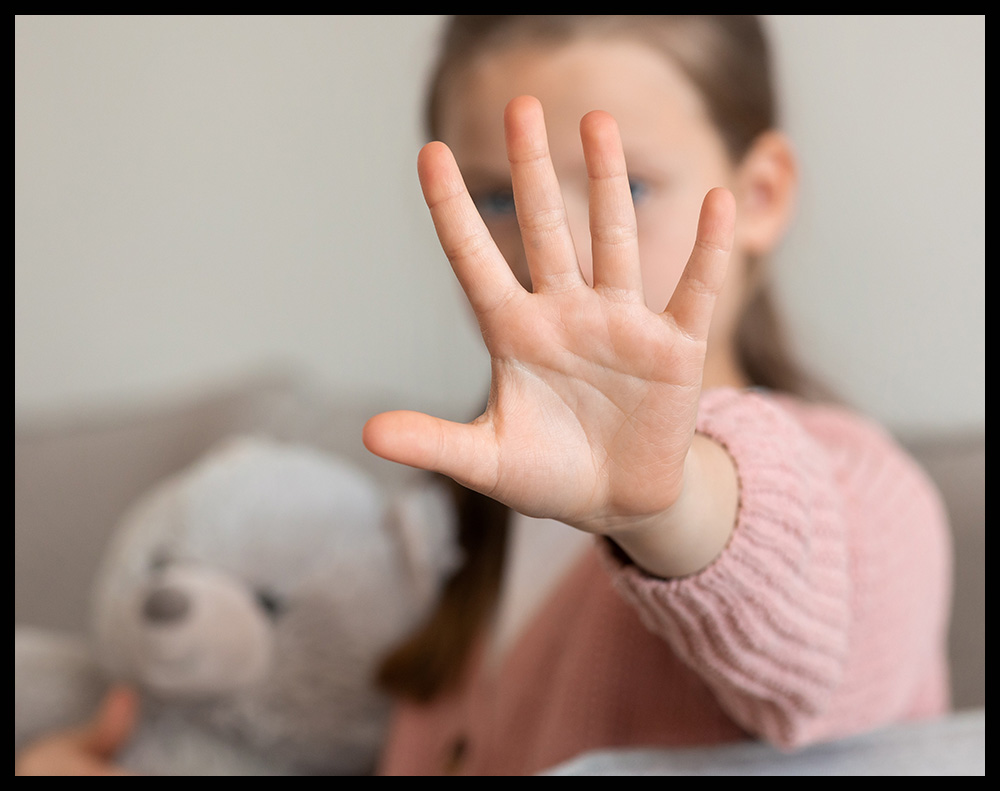Planting Seeds Of Hope
For Victims Of Sexual Trafficking
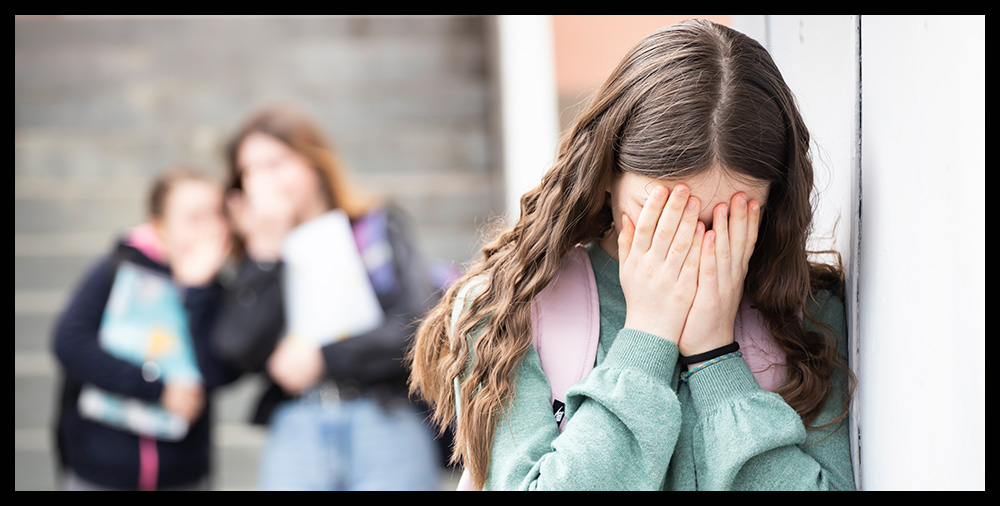
What would you do?
 What would you do to feel like you finally belong if you never have before? What would you do for a meal if you hadn’t eaten in days? What would you do if someone you trusted said “I’ll take care of you”?
What would you do to feel like you finally belong if you never have before? What would you do for a meal if you hadn’t eaten in days? What would you do if someone you trusted said “I’ll take care of you”?
When most people think of trafficking, if they think of it at all, they think its victims come from far across the world, not all across our county. They think its victims are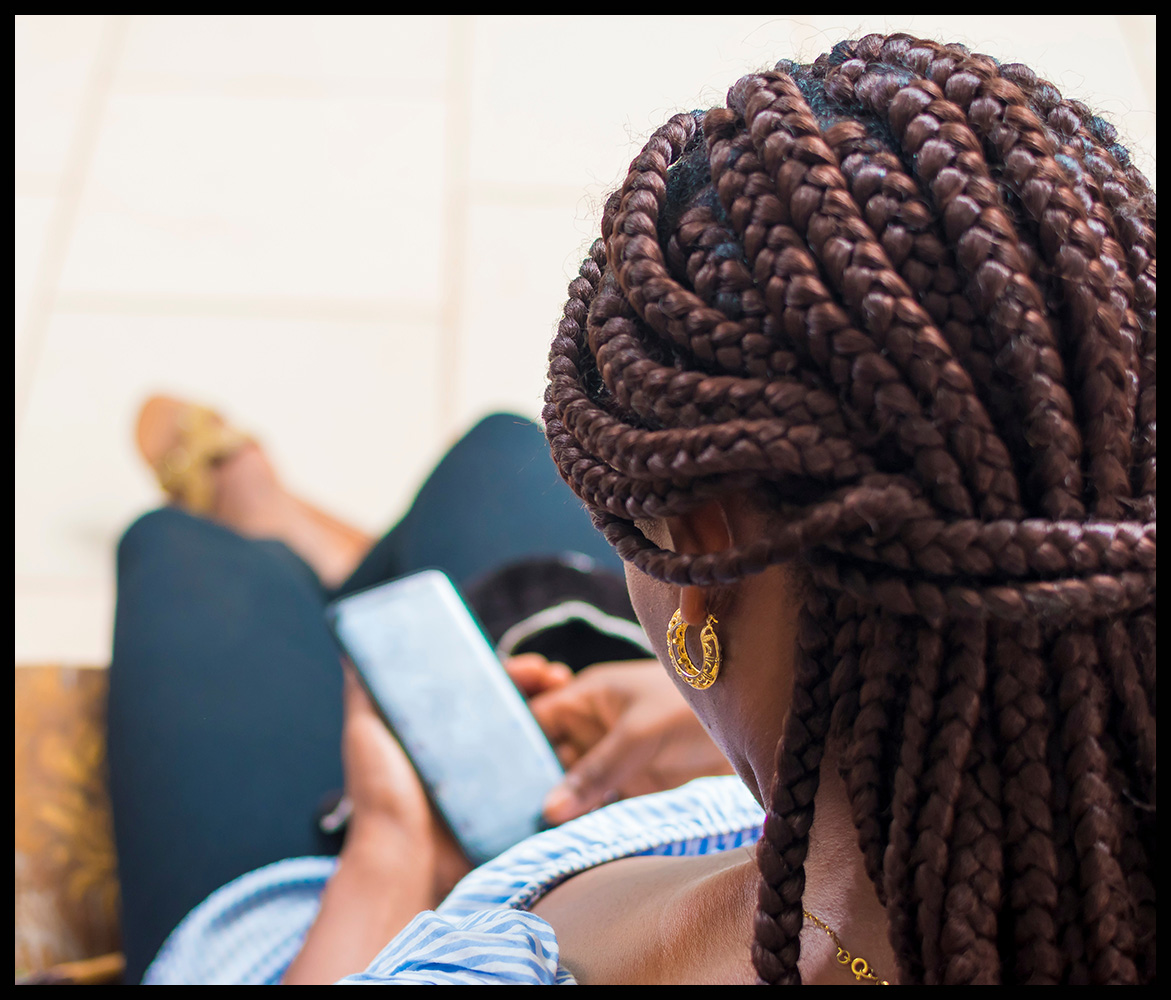 abducted and held by force, not enticed and manipulated in subtle ways that keep them coming back. They think it can’t happen in our own homes and schools and malls . . . but it can, and it does.
abducted and held by force, not enticed and manipulated in subtle ways that keep them coming back. They think it can’t happen in our own homes and schools and malls . . . but it can, and it does.
Truthfully, sex trafficking does happen in all those nightmare ways that the movies depict. It also happens right under our noses, though, and it can be seen if we know what to look for. More importantly, it can be forestalled if we’re willing to help, and it can be fought by those who make it their mission to do so. Chatham County’s HOPE Court has just such a mission -- it is the Juvenile Court’s Treatment Court for victims of Commercial Sexual Exploitation of Children (CSEC).
Read it again, and think about each word: Commercial Sexual Exploitation of Children.
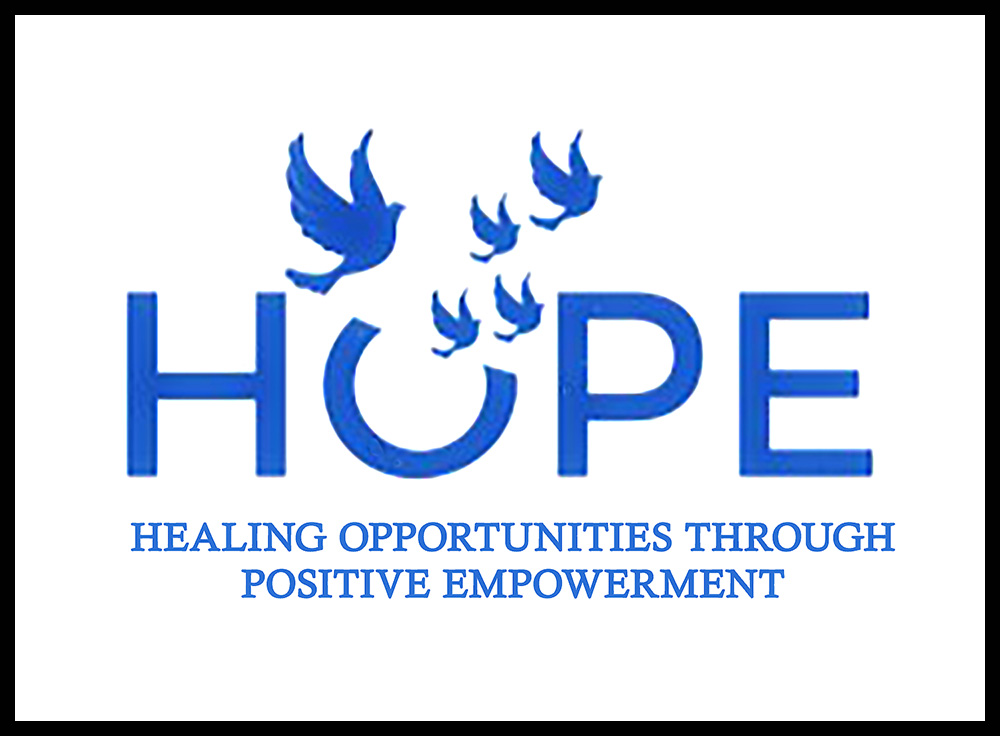 HOPE Court is the next in our series on the life-changing, life-affirming work accomplished in Chatham County’s Accountability Courts. We’ll look at that word ‘accountability’ in the context of CSEC and HOPE Court a little later, but we’ll start by simply saying that HOPE Court is a different kind of Accountability Court. It is a Treatment Court, and it is by necessity very protective of the children it serves.
HOPE Court is the next in our series on the life-changing, life-affirming work accomplished in Chatham County’s Accountability Courts. We’ll look at that word ‘accountability’ in the context of CSEC and HOPE Court a little later, but we’ll start by simply saying that HOPE Court is a different kind of Accountability Court. It is a Treatment Court, and it is by necessity very protective of the children it serves. 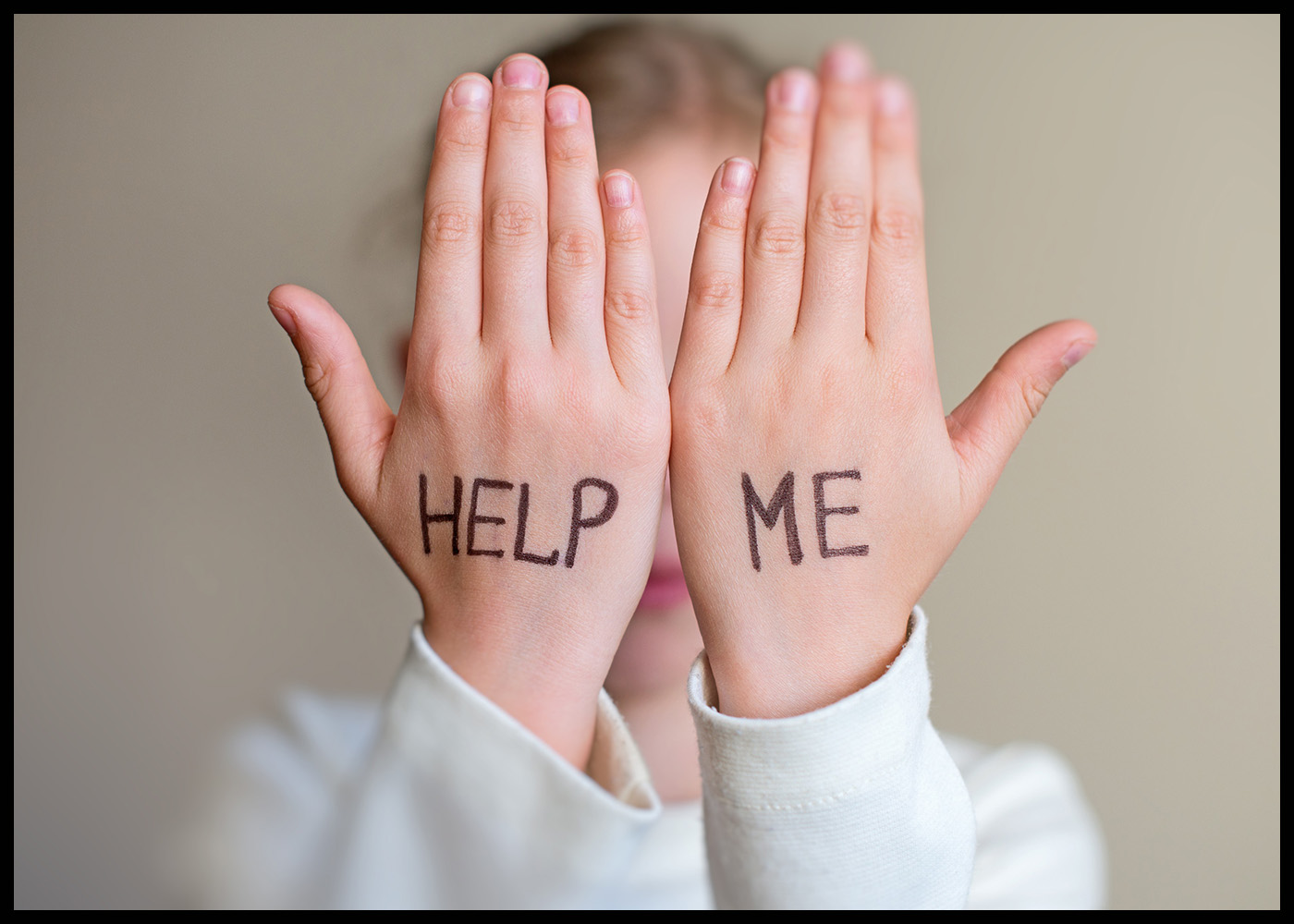
With that in mind, we will not be talking much in this article about the nuts and bolts of what goes on in this court, showing actual images of HOPE Court participants, or naming the people who have made this labor of love their life’s work. Instead, for this court, we’re going to focus on the things they care about, the things they want you to know, and the things you might be able to do to help put them out of business someday.
“I would love, love, love to work myself out of a job. I would love to one day find ourselves sitting in the courtroom after our last kid graduates, and we look at each other and say, that was our last kid. We have no more referrals. That’s my goal! I will put that on the top of every goal sheet!” The judicial and case management staff of HOPE Court and the extensive and diverse team that works with them have indeed spent their lives developing the skills that they use to make a difference in this arena. They are focused, and they are committed. They’d like you to know, though, that each and every person reading this article can help them in their fight without having any of their specialized skillsets. All that is required is awareness and caring.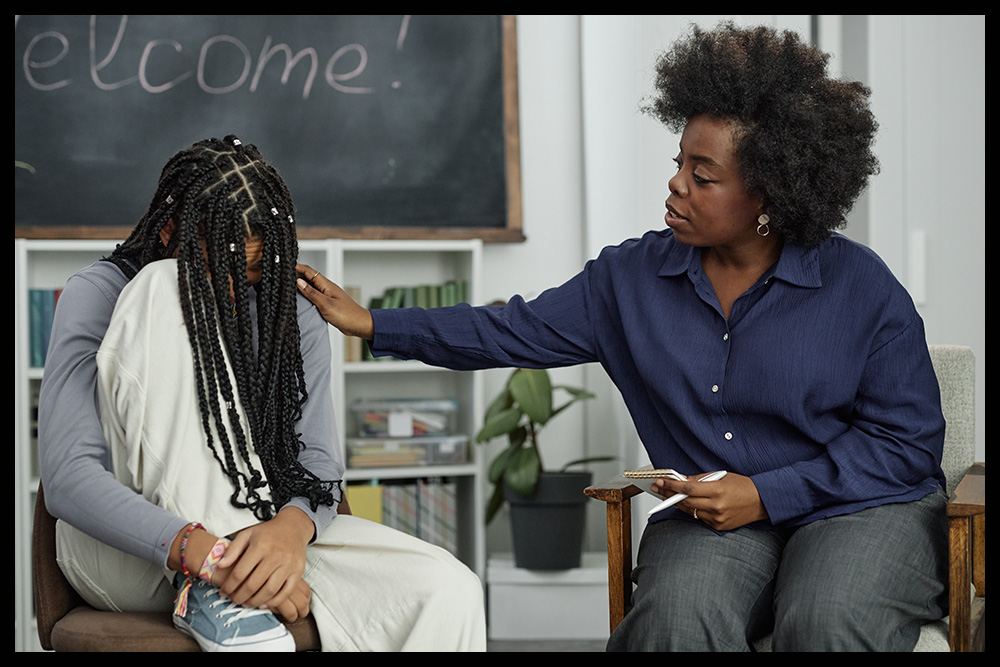
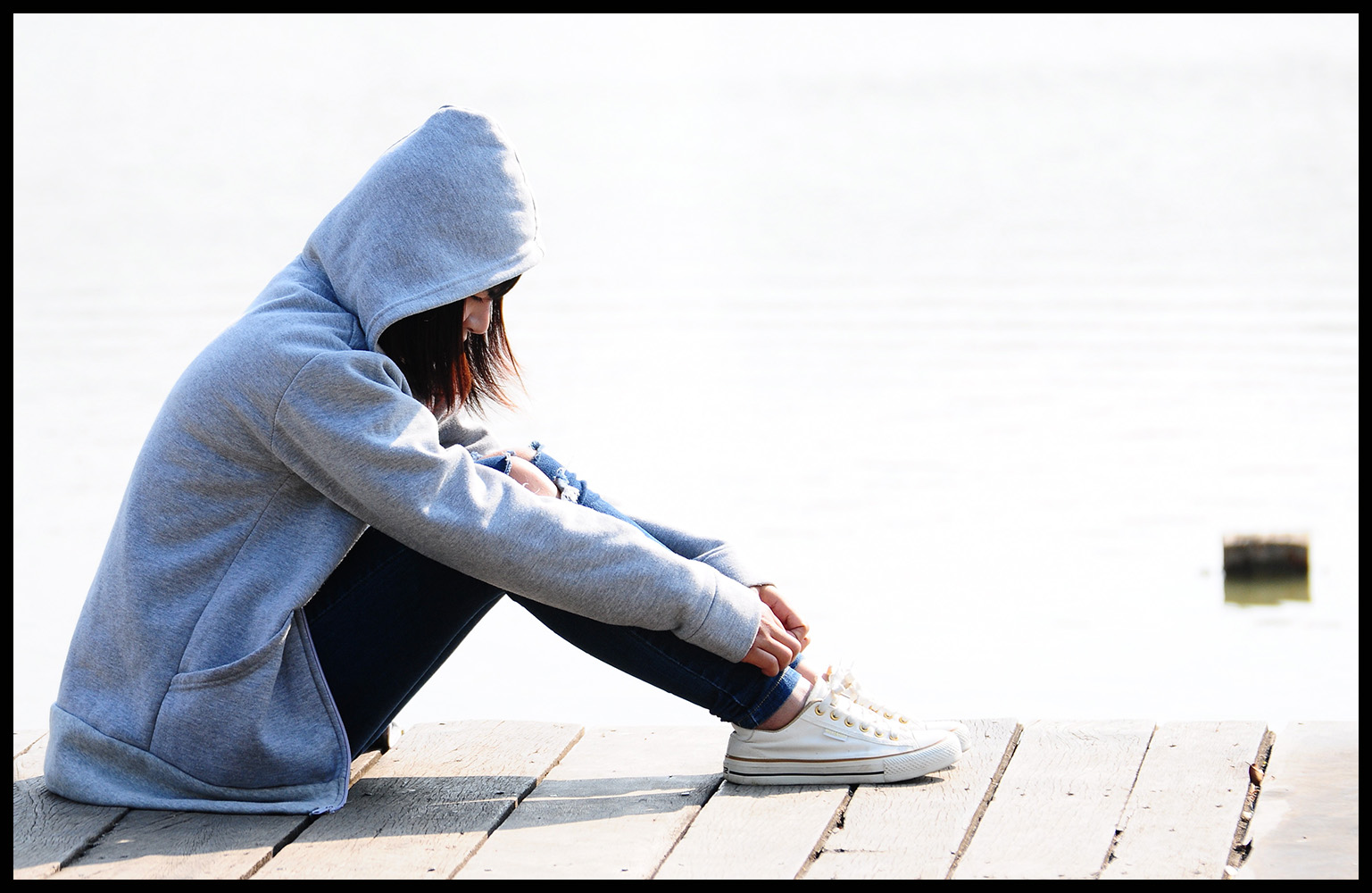 “I want people to know that this is happening and they can help make it stop happening. First, it calls for recognition. Every person in this community is only one to two degrees separated from a child who’s experienced some sort of sexual violence. Every adult knows a child who is struggling – a teenager, a middle schooler. And second, it calls for someone to be the positive impact. There’s research that says one positive adult in a child’s life can change the trajectory of their entire world. Maybe they haven’t been trafficked, but there’s something you can do as a positive adult to prevent them from getting worse. Recognize that our children are vulnerable and often hurting. You don’t have to know a child well, but you can get to know them. Find a way to connect with that child so that they know somebody cares about them and they will be less vulnerable.”
“I want people to know that this is happening and they can help make it stop happening. First, it calls for recognition. Every person in this community is only one to two degrees separated from a child who’s experienced some sort of sexual violence. Every adult knows a child who is struggling – a teenager, a middle schooler. And second, it calls for someone to be the positive impact. There’s research that says one positive adult in a child’s life can change the trajectory of their entire world. Maybe they haven’t been trafficked, but there’s something you can do as a positive adult to prevent them from getting worse. Recognize that our children are vulnerable and often hurting. You don’t have to know a child well, but you can get to know them. Find a way to connect with that child so that they know somebody cares about them and they will be less vulnerable.”
(Sidebar: as this story was being developed, a coworker shared,
“Oh yes. My niece was taken from her home and trafficked when she was just six years old. She was gone from us for years.”
That’s two degrees of separation from this story's writer, who until recently would have thought the world of child sex trafficking was much further away.)
 So, back to that word ‘accountability’. As a rule in Accountability Courts, the participants are being held accountable for decisions they have made in the past and decisions they are making in the present in order to bring about a more positive future. Think of DUI court, for instance, where participants are facing the choice they made to drive while under the influence. HOPE court is very different. And yet, as hard as it is to fathom, many of the victims of CSEC not only have made but may continue to make choices that allow them to be trafficked.
So, back to that word ‘accountability’. As a rule in Accountability Courts, the participants are being held accountable for decisions they have made in the past and decisions they are making in the present in order to bring about a more positive future. Think of DUI court, for instance, where participants are facing the choice they made to drive while under the influence. HOPE court is very different. And yet, as hard as it is to fathom, many of the victims of CSEC not only have made but may continue to make choices that allow them to be trafficked.
As the judge says, however, “Choice is a very loose word.” Like Juvenile Court, HOPE Court employs Trust-Based Relational Intervention (TBRI), a model that seeks to meet needs first, with the expectation that the desired outcomes will follow. “Kids and families are here because they need help. We’re not here to punish. Something unique about the juvenile code is that it very specifically says we cannot do things to punish. The nature of the way we work with children and families is very different – we’re a problem-solving court.”
It’s not the word ‘accountability’ that gives the HOPE court team heartburn. It’s the way the word can be used with the expectation that children need to essentially settle up with society for whatever they’ve done. “Every child who walks in this door has experienced some type of trauma. Human trafficking is a very specialized type of trauma, and if you can’t address that trauma, you can’t help the child.
One of the biggest things we’ve learned is that a lot of these kids don’t feel worthy. They feel like this is all their fault. They have, in essence, lowered themselves to this type of love. It’s all they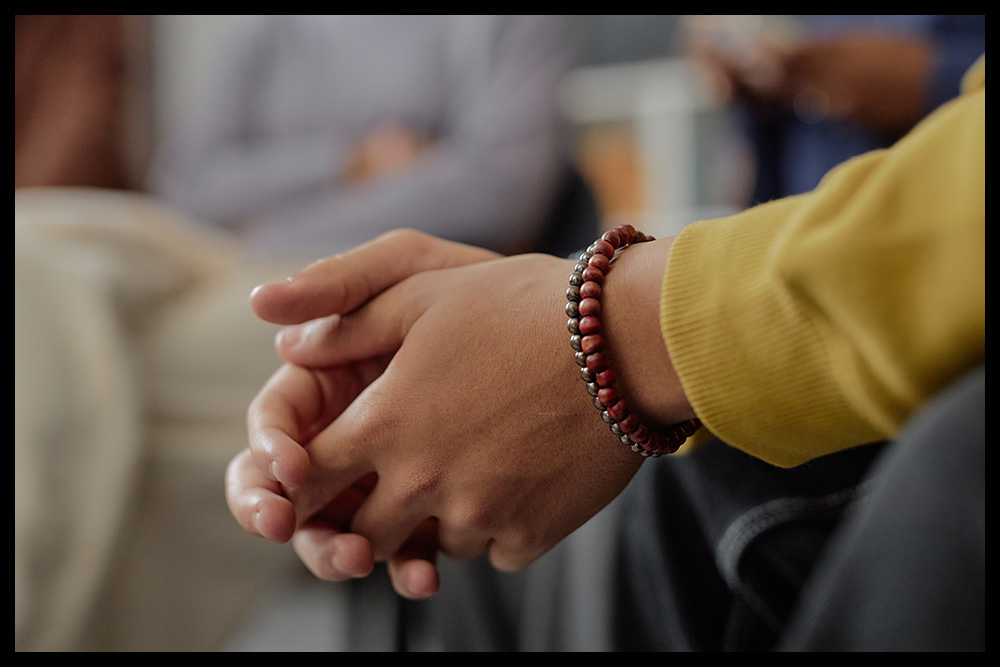 think they’re worth – being forced to have sex for goods.” There’s much talk about outcomes at HOPE Court and about what success looks like. “We don’t chase outcomes. It’s very fluid, each child is different. We are trying to let them leave here with something better than they came in with. We cannot make their decisions for them, we can only give them options and try to plant some seeds. We may not see the seeds we plant actually start to grow for some time, but this is what you do for this type of child. My goal is for every child that I come in contact with to know that they’re precious to me. And they’re worthy.”
think they’re worth – being forced to have sex for goods.” There’s much talk about outcomes at HOPE Court and about what success looks like. “We don’t chase outcomes. It’s very fluid, each child is different. We are trying to let them leave here with something better than they came in with. We cannot make their decisions for them, we can only give them options and try to plant some seeds. We may not see the seeds we plant actually start to grow for some time, but this is what you do for this type of child. My goal is for every child that I come in contact with to know that they’re precious to me. And they’re worthy.”
The warriors of HOPE Court have no desire for a spotlight – either on them or on the children they serve. “We’re not about exposure,” they say. “But there’s a lot of misinformation out there, so we’re trying to be proactive. We need to disabuse people of the notion that it doesn’t happen here. For every one child we see in HOPE Court, there are ten more we don’t see.” It’s a sobering thought, but it’s also a rallying cry for members of the community to make the effort to see those vulnerable kids so that they can be helped. “Little things may seem silly to worry about, like a child who has never had their hair styled and their nails done suddenly being highly groomed. But if you see something, and you say something, then maybe we can prevent something. CSEC is an uncomfortable topic of conversation, but we’ve got to get comfortable with being uncomfortable.”

Trust-Based Relational Intervention is the key. It’s all about building real connections. How can we help children if we don’t have genuine connections with them? How can meet their needs until we learn to see them? How can they learn to believe what we know but they don’t – that they are nothing less than worthy? HOPE Court is asking and answering the hard questions on behalf of our community’s most vulnerable people, and they are planting seeds of hope for a better life.

What would you do if you knew you could help?
IF YOU SEE SOMETHING, SAY SOMETHING:
National Center for Missing and Exploited Children (NCMEC) www.missingkids.com
Child Advocacy Centers of Georgia CACGA.org
Department of Family and Children Services (DFCS) 1-855-GACHILD (1-855-422-4453 https://dfcs.georgia.gov

